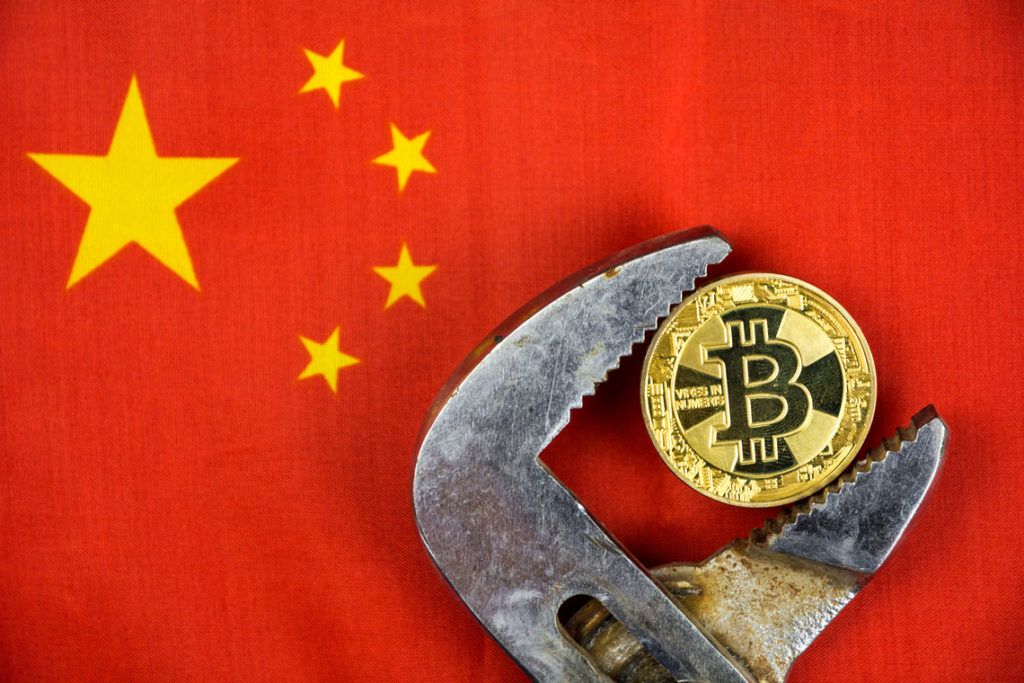The United States has often touted itself as the heart of global innovation. In the past decade, however, China has been focusing on technology as a means to overcome America’s economic dominance. One key area the Chinese are investing and accelerating development in is blockchain technology.
There are fears that the United States may fall behind in the race to develop decentralized, blockchain-based protocols. AI, the internet of things, and future near-instant telecommunications networks—all of these, in some shape or form, require blockchain technology. A distributed peer-to-peer system has significant promise, but it seems that China currently has the upper hand over its American competitors.
China Looks to the Future
Last year, President Xi Jinping delivered an address where he outlined his desire to see China lead the world in technology innovation. He specified three key areas which will be the country’s focus: blockchain, artificial intelligence, and the internet-of-things. As of now, China leads the world in blockchain-related patents, with Alibaba leading the pack. Two-thirds of all blockchain-related patents worldwide come from China. Moreover, many of the largest blockchain-based firms are based in China, including massive mining companies like Bitmain. Blockchain, in short, has become a national priority in the country. The Chinese State Council even includes it as a research focus as part of the nation’s 13th Five-Year Plan.
The accelerating development of blockchain within China is impossible to ignore unless you’re simply not paying attention. The People’s Bank of China blockchain platform has thus far processed nearly $4.4B this past year alone, set to expand even further this year. Many social services in China are also moving to a distributed ledger system, such applications for paying utility bills. Multiple cities have also piloted various ‘smart city’ initiatives which rely heavily on automated, blockchain-based design schemes. With so many mega-cities in China, the opportunities to test this technology are virtually endless.
U.S. Lags in Comparison
With all of this overwhelming progress, the United States seems to be falling behind. Still suffering from regulatory uncertainty by the SEC and other financial regulators, many fear that the blockchain industry is being put in a chokehold. As a result, innovators are moving east and settling their businesses in Singapore, South Korea, and elsewhere. Although the United States still remains the leading hub of technological development worldwide, there is a serious concern now that it may fall behind completely. What’s worse is that state officials seem to not only be blissfully unaware of this fact, but some seem outright hostile to the idea that the country’s social services are in desperate need of updating. “It will cost too much money!” they claim as the country continues to decay. This is an existential problem.
With American infrastructure receiving a ‘D+’ from the Infrastructure Report Card, the question we should be asking ourselves is: is this really the best we can do? The U.S. is in desperate need of an update. It’s time to kick off the 4th industrial revolution in the United States—not just because it is smart social planning, but because we have no choice if we want to stay competitive in the 21st century.
Do you believe the United States can ever ‘catch up’ to China’s accelerating progress in technological development? Let us know your thoughts below.
Sponsored


